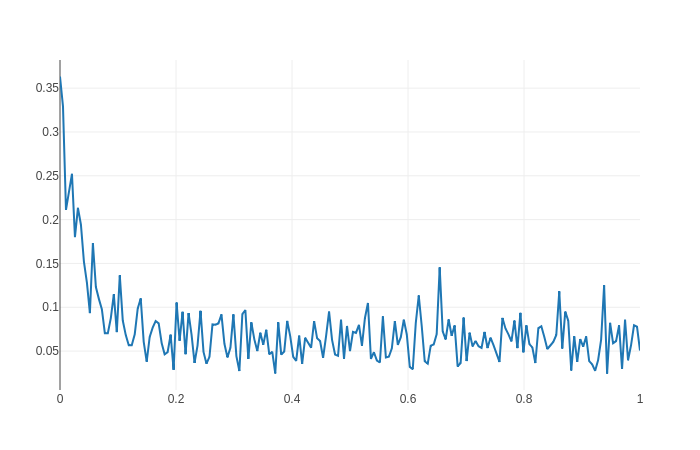A PyTorch implementation of Multi-digit Number Recognition from Street View Imagery using Deep Convolutional Neural Networks
If you're interested in C++ inference, move HERE
| Steps | GPU | Batch Size | Learning Rate | Patience | Decay Step | Decay Rate | Training Speed (FPS) | Accuracy |
|---|---|---|---|---|---|---|---|---|
| 54000 | GTX 1080 Ti | 512 | 0.16 | 100 | 625 | 0.9 | ~1700 | 95.65% |
$ python infer.py -c=./logs/model-54000.pth ./images/test-75.png
length: 2
digits: 7 5 10 10 10
$ python infer.py -c=./logs/model-54000.pth ./images/test-190.png
length: 3
digits: 1 9 0 10 10
-
Python 3.6
-
torch 1.0
-
torchvision 0.2.1
-
visdom
$ pip install visdom -
h5py
In Ubuntu: $ sudo apt-get install libhdf5-dev $ sudo pip install h5py -
protobuf
$ pip install protobuf -
lmdb
$ pip install lmdb
-
Clone the source code
$ git clone https://github.com/potterhsu/SVHNClassifier-PyTorch $ cd SVHNClassifier-PyTorch -
Download SVHN Dataset format 1
-
Extract to data folder, now your folder structure should be like below:
SVHNClassifier - data - extra - 1.png - 2.png - ... - digitStruct.mat - test - 1.png - 2.png - ... - digitStruct.mat - train - 1.png - 2.png - ... - digitStruct.mat
-
(Optional) Take a glance at original images with bounding boxes
Open `draw_bbox.ipynb` in Jupyter -
Convert to LMDB format
$ python convert_to_lmdb.py --data_dir ./data -
(Optional) Test for reading LMDBs
Open `read_lmdb_sample.ipynb` in Jupyter -
Train
$ python train.py --data_dir ./data --logdir ./logs -
Retrain if you need
$ python train.py --data_dir ./data --logdir ./logs_retrain --restore_checkpoint ./logs/model-100.pth -
Evaluate
$ python eval.py --data_dir ./data ./logs/model-100.pth -
Visualize
$ python -m visdom.server $ python visualize.py --logdir ./logs -
Infer
$ python infer.py --checkpoint=./logs/model-100.pth ./images/test1.png -
Clean
$ rm -rf ./logs or $ rm -rf ./logs_retrain


